With 16 votes "for" and 4 "against", the Supreme Judicial Council removed Prosecutor General Ivan Geshev from office. The decision has no previous analogue in this country and was reached after a debate and hearings of witnesses in two sessions, as the one held last Thursday, lasted for 14 hours.
The decision of the SJC should be confirmed by a decree of the head of state, but there is no explicitly mentioned deadline in which it must be signed. Therefore, all eyes are now on President Rumen Radev. Meanwhile, Ivan Geshev submitted two questions to the Constitutional Court regarding the legitimacy of the current composition of the SJC, as its mandate expired 9 months ago, and also regarding the admissibility of his removal.
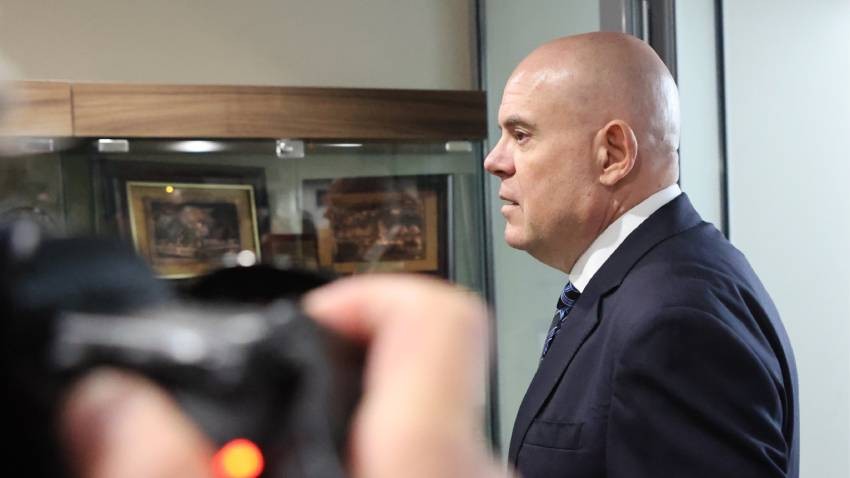
Is it necessary for the president to wait for the decisions on Geshev's questions to the Constitutional Court and if he signed the decree immediately, could it be attacked because the decision to release Geshev was taken in the prosecutor’s absence, which could be violation of an article of the Constitution related to the right for defense?

"It does not violate an article of the Constitution, as there is a principle in the law that states that no one can derive rights from their illegal behavior,” Emanuil Yordanov, former Minister of Interior, told BNR. “It’s Geshev’s personal decision to go to the European institutions where he could mar the image of Boyko Borisov. Anyone of his deputies could have done this. Do you think that in a court a defendant could just stand up and say ‘I don't care about your case, I have a train ticket’? This is a frivolous attitude towards the matter and I don't think it should be tolerated."
However, the Constitutional Court is slow in the race between these two procedures and the delay may turn out to be the key to solving the riddle, lecturer on constitutional law Associate Professor Nataliya Kiselova told bTV.
Attempts to remove the Prosecutor General from office were made several times in a row by ministers of justice from both the regular and caretaker governments. When it comes to the issuing of a presidential decree to end the seven-year mandate, Prof. Kiselova forecasts:
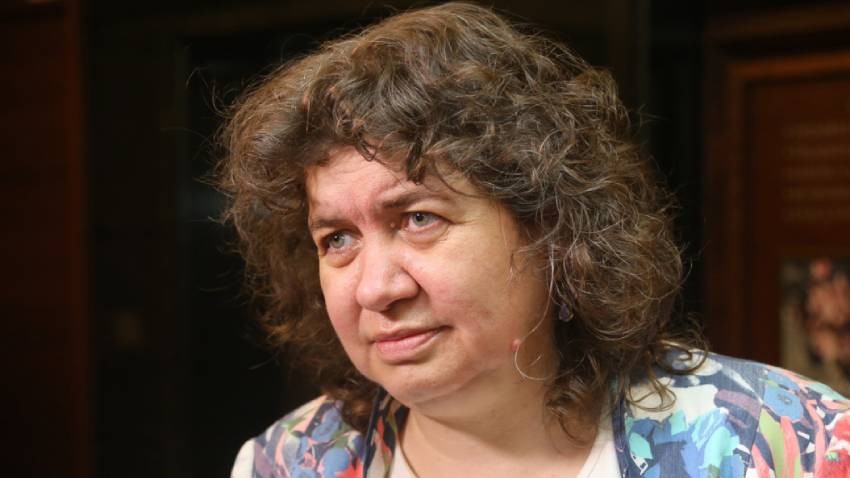
"I think it will happen by the end of this week or the beginning of next week. All the conversations we witnessed showed one thing - the capacity of the members of the SJC, unfortunately, does not correspond to the doubled costs for justice in Bulgaria in recent years."
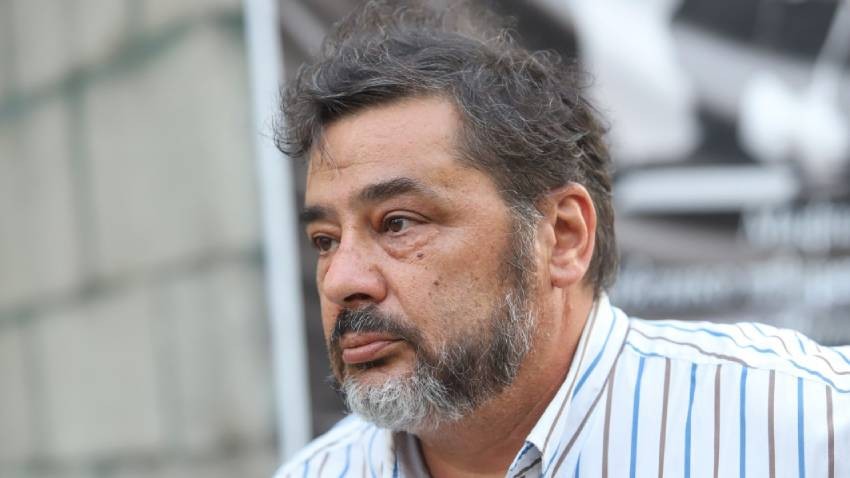
"Ivan Geshev's career as chief prosecutor should never have started," lawyer Velislav Velichkov said in an interview with BNT. According to him, with yesterday’s decision, 'the members of the Supreme Judicial Council admitted that they did not assess correctly the moral integrity and professional competence of the chief prosecutor at the time of his election.'"
Being part of the non-governmental organization "Justice for Everyone", Velichkov has been among the organizers of a number of protests against "the actual appointment of Ivan Geshev as chief prosecutor, proposed by his predecessor - Sotir Tsatsarov":
"Three and a half years later, all our arguments turned out to be solid and were confirmed by those who chose him," Velichkov said. “The career of Mr. Geshev threatens Bulgarian justice. He acts selectively and has been ineffective as chief prosecutor. He has been threatening the independence of the court with his political statements and actions in the Supreme Judicial Council."
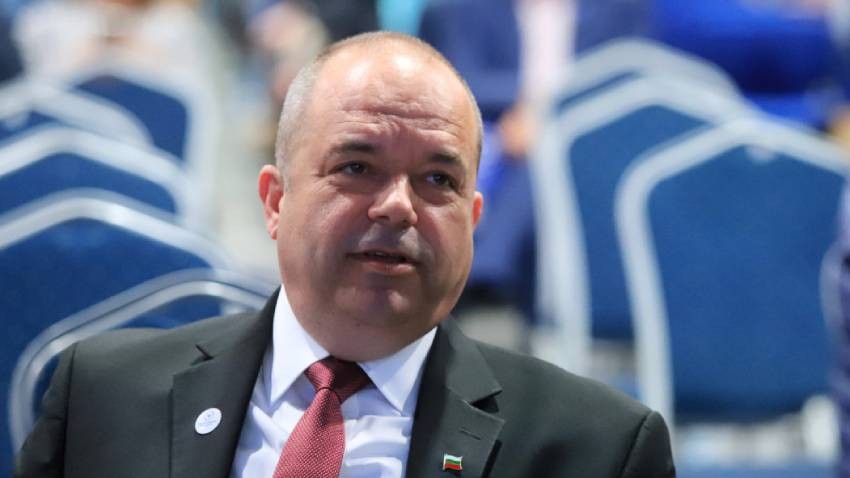
According to observers, Ivan Geshev’s statements and actions in recent weeks are an attempt to legitimize himself in the political space. Sociologist Parvan Simeonov expects a political future for the chief prosecutor. In an interview with BNR, the head of the Gallup agency commented that this is one of the chances for Geshev to continue speaking. According to him, Geshev found a very precise political segment - somewhere between what seems to be an extreme Euro-Atlantic government and the radical Russophile opposition in the form of the "Vazrazhdane" parliamentary party. However, the current situation is a lesson for the pro-Western liberals in the country that there are no quick solutions, Parvan Simeonov pointed out:
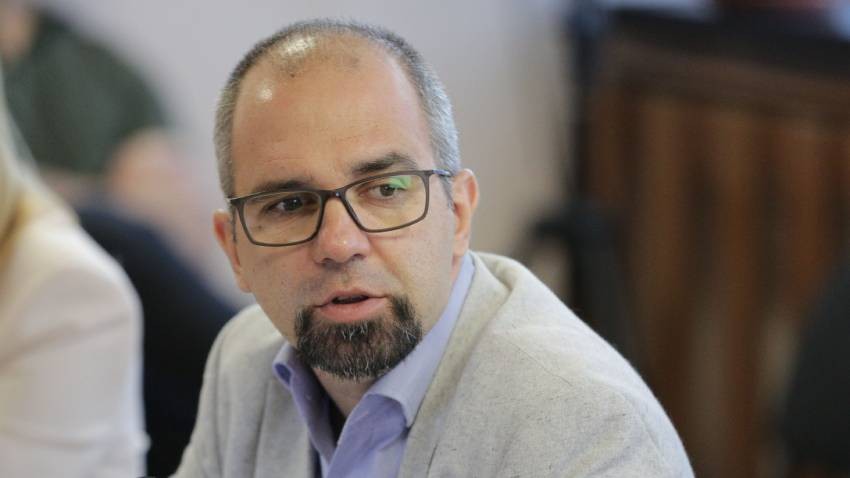
"Geshev is determined to do what he could. He somehow surprised those who were supposed to be backing him but at one point let him overboard. In Bulgaria, the legitimizers who say whether you are good or bad are the pro-Western liberals. Geshev is a man who can pull out a lot of circumstances. We all have watched this battle for interpretations already. If Radev does not sign the decree, we will be watching the weather forecast to choose the most convenient time for the typical Sofia summer protests."
Compiled by: Yoan Kolev
English: Al. Markov
Photos: BGNES, BTA
At today's session of MEPs opening in Strasbourg, the European Parliament will again call for full membership of Bulgaria and Romania in Schengen . The agenda announcement makes clear that the EP will discuss the issue together with the European..
The coalition We Continue the Change-Democratic Bulgaria (PP-DB) , which came second in the October 27 parliamentary elections, has accepted an invitation for negotiations from the first political force - GERB-SDS. GERB leader Boyko Borissov offers..
A new party called Bulgaria Can (Bulgaria Mozhe) was founded today. Its leaders are the political and economics analyst Kuzman Iliev and the former MP from the Vazrazhdane party, Ivo Ruschev. The aim of the new party is to be an alternative for voters..
At today's session of MEPs opening in Strasbourg, the European Parliament will again call for full membership of Bulgaria and Romania in Schengen . The..

+359 2 9336 661
